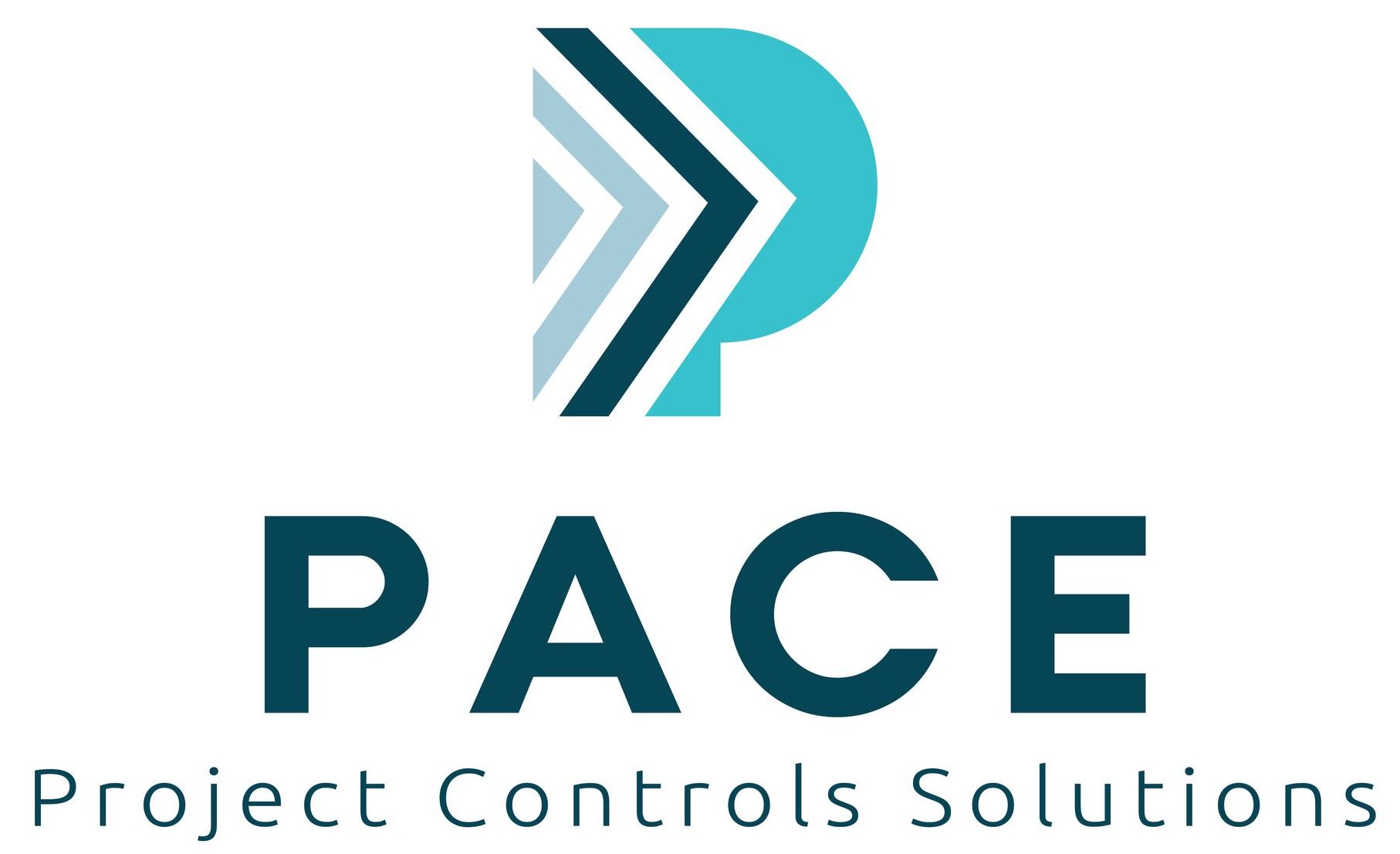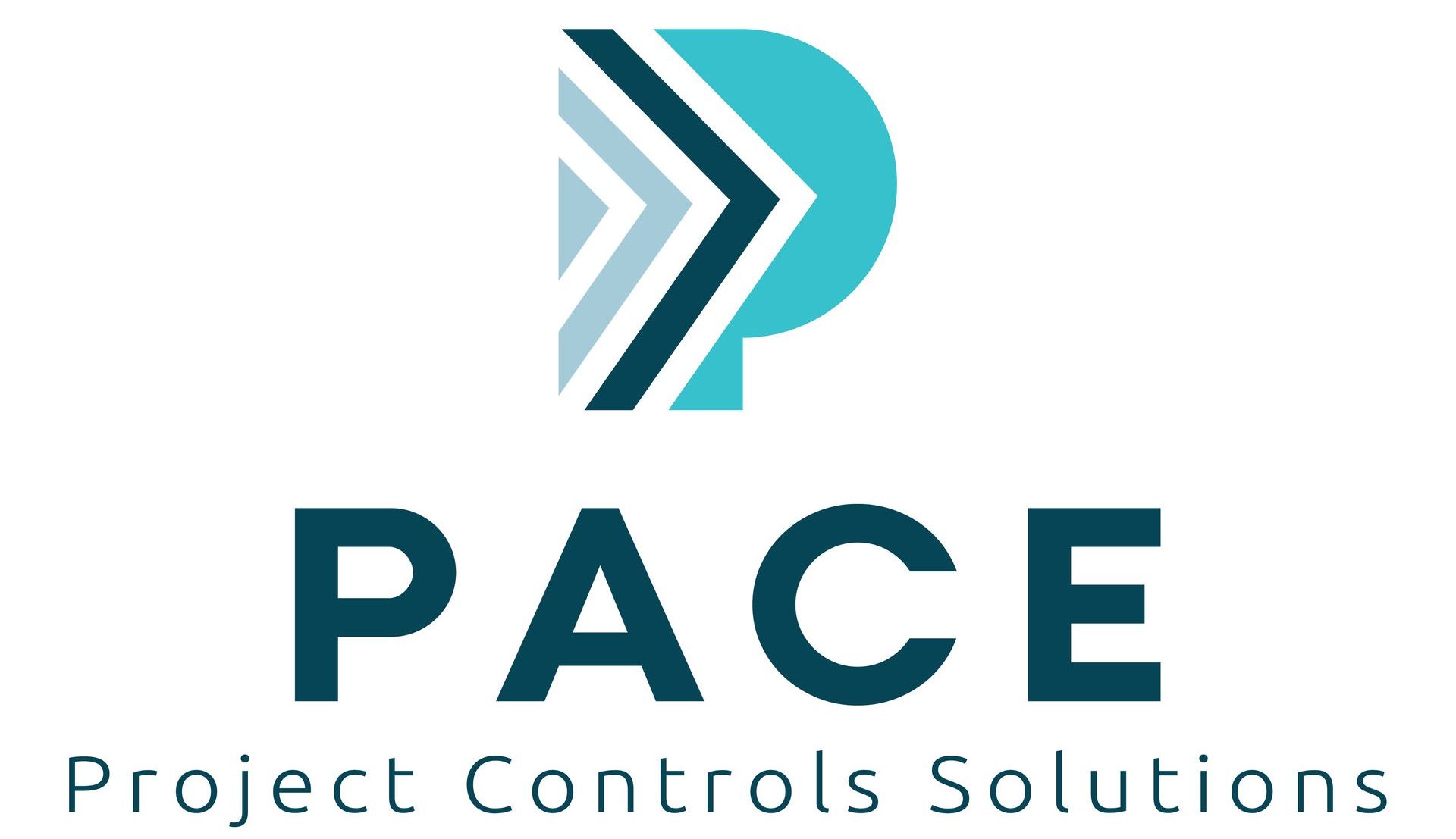How Can a Project Manager Transition into the World of Project Controls?
Project managers and project controls professionals share common ground, but their roles and responsibilities differ in key areas.

While project managers focus on overseeing the entire project lifecycle, including stakeholder management and project delivery, project controls professionals concentrate on managing the project’s scope, cost, schedule, risk, and performance to ensure successful delivery.
For project managers who are considering transitioning into the project controls field, this shift can be a valuable career move. Project controls offer opportunities for a more technical, data-driven role that enhances decision-making and project outcomes. This blog will outline the steps a project manager can take to smoothly transition into the world of project controls.
1. Understand the Core Functions of Project Controls
Before making the transition, it’s essential to understand the distinct functions that project controls professionals manage. Project controls revolve around monitoring and controlling various project elements to ensure they stay on track, within budget, and on schedule. Key areas of focus include:
- Cost Management: Monitoring and controlling project costs to ensure budgets are adhered to and providing cost forecasts throughout the project.
- Scheduling and Planning: Developing and managing the project schedule, ensuring all activities are completed on time, and adjusting the schedule as needed.
- Risk Management: Identifying, analysing, and mitigating risks that could impact the project’s success.
- Performance Reporting: Tracking progress against key performance indicators (KPIs) and generating reports to keep stakeholders informed of project status.
What You Should Do:
- Study Industry Standards: Familiarise yourself with key methodologies and standards in project controls, such as the Earned Value Management (EVM) technique, and key industry standards like those provided by the AACE (Association for the Advancement of Cost Engineering) or PMI (Project Management Institute).
- Understand the Differences: Recognise how project controls differ from general project management, with a sharper focus on data, metrics, and analytical tools rather than broader leadership and stakeholder communication.
2. Leverage Your Project Management Experience
As a project manager, you already possess many of the leadership, communication, and organisational skills necessary for success in project controls. Your experience managing teams, tracking project progress, and communicating with stakeholders will be invaluable in a project controls role. However, you will need to build on this foundation by developing more technical skills, particularly in cost control, scheduling, and risk management.
What You Should Do:
- Emphasise Transferable Skills: Highlight your experience with budgeting, scheduling, risk management, and reporting when exploring project controls roles. These are core functions in both project management and project controls, though the latter requires more technical precision.
- Build on Leadership Skills: Project controls professionals often lead efforts to improve project performance, so your existing leadership skills will be critical when coordinating with project teams, contractors, and stakeholders to address risks or budget concerns.
3. Develop Technical Expertise
A key difference between project management and project controls is the level of technical expertise required, especially in areas such as cost engineering, advanced scheduling, and risk analysis. To transition successfully, project managers need to enhance their technical skill set.
What You Should Do:
- Learn Project Controls Software: Familiarise yourself with the software tools commonly used in project controls, such as Primavera P6, Microsoft Project, Asta Powerproject, and cost management tools like Deltek Cobra. These tools are essential for managing project schedules, forecasting costs, and tracking progress.
- Get Proficient with Data and Analytics: Develop a stronger understanding of data analysis techniques used in cost forecasting, risk analysis, and performance reporting. Familiarity with Earned Value Management (EVM) is particularly useful, as it is widely used in project controls to assess project health and performance.
- Learn Financial and Cost Control Techniques: Project controls require detailed knowledge of financial management, including cost estimation, cost performance monitoring, and financial forecasting. Consider studying cost control techniques and budgeting methodologies that are relevant to your industry.
Suggested Actions:
- Take Online Courses: Consider enrolling in courses or certifications that focus on project controls. Platforms like Coursera, Udemy, or LinkedIn Learning offer courses in Primavera P6, Earned Value Management, and cost engineering.
- Earn Certifications: Certifications like the Certified Cost Professional (CCP) from AACE or PMI’s Scheduling Professional (PMI-SP) can help you gain technical credentials that align with project controls roles.
4. Gain Hands-On Experience in Project Controls
Practical experience is essential for transitioning from project management to project controls. Start by seeking opportunities within your current role to take on project controls-related responsibilities. This will allow you to gain hands-on experience while you continue to develop your skills.
What You Should Do:
- Take on Hybrid Roles: If possible, volunteer for project controls-related tasks within your current projects. For example, offer to assist with scheduling, cost reporting, or risk management efforts. This will allow you to develop your technical skills while continuing to function as a project manager.
- Collaborate with Project Controls Teams: Work closely with your company’s project controls team to gain insights into their processes. Shadowing or collaborating with project controls professionals will give you a better understanding of their daily responsibilities, tools, and challenges.
- Join Smaller Projects: Consider working on smaller or less complex projects where you can take on both project management and project controls duties. This will provide you with valuable experience in cost control, scheduling, and performance tracking.
5. Build a Network and Seek Mentorship in Project Controls
Mentorship and networking are powerful tools for anyone transitioning into a new field. By connecting with experienced project controls professionals, you can gain valuable advice, learn best practices, and open the door to new opportunities in the project controls domain.
What You Should Do:
- Seek a Mentor: Find a mentor who is experienced in project controls. They can provide guidance, recommend learning resources, and help you understand the nuances of the role. If your organisation has a project controls team, ask if someone is willing to mentor you.
- Join Industry Associations: Becoming a member of professional organisations like AACE International, Project Management Institute (PMI), or Association for Project Management (APM) can give you access to networking opportunities, industry insights, and professional development resources focused on project controls.
- Attend Webinars and Conferences: Participate in project controls-specific webinars, workshops, and conferences to stay up to date with industry trends and meet professionals working in the field. These events often cover emerging technologies, case studies, and best practices that are critical for project controls professionals.
6. Consider a Formal Transition Role
If you are serious about transitioning into project controls, consider applying for a formal role that focuses on cost control, scheduling, or risk management. Many companies offer roles specifically designed for project managers to shift into project controls positions, such as Cost Engineer, Planning Engineer, or Risk Manager. These roles allow you to leverage your project management experience while developing the technical skills needed for a career in project controls.
What You Should Do:
- Look for Transitional Roles: Search for job titles like Project Controls Specialist, Cost Engineer, or Scheduling Engineer. These roles often require a blend of project management and technical skills, making them ideal for project managers looking to shift their focus.
- Discuss Opportunities with Your Employer: If you're currently employed, have a conversation with your manager about opportunities to formally transition into project controls. Many companies are open to internal candidates who want to shift roles, especially if they have project management experience.
Conclusion
Transitioning from project management to project controls is a strategic career move that can offer new challenges, responsibilities, and growth opportunities. By building on your existing project management skills and developing technical expertise in cost management, scheduling, and risk analysis, you can successfully make the shift. Networking, gaining hands-on experience, and seeking mentorship will further support your journey into this exciting and rewarding field. As industries continue to demand skilled professionals in project controls, this transition can open doors to new and fulfilling career paths.
Explore
Quick Links
Join Us
Join Us
Thank you for subscribing.
We will keep you up to date with latest news and updates from Pace Global.
You can unsubscribe at any time via email to info@paceglobal.org or from our emails directly.
Please try again later.
Join Us
We will get back to you as soon as possible.
Please try again later.
© 2024 All Rights Reserved | Privacy Policy
Powered with
by Shazamme.com
Powered with
by Shazamme.com

